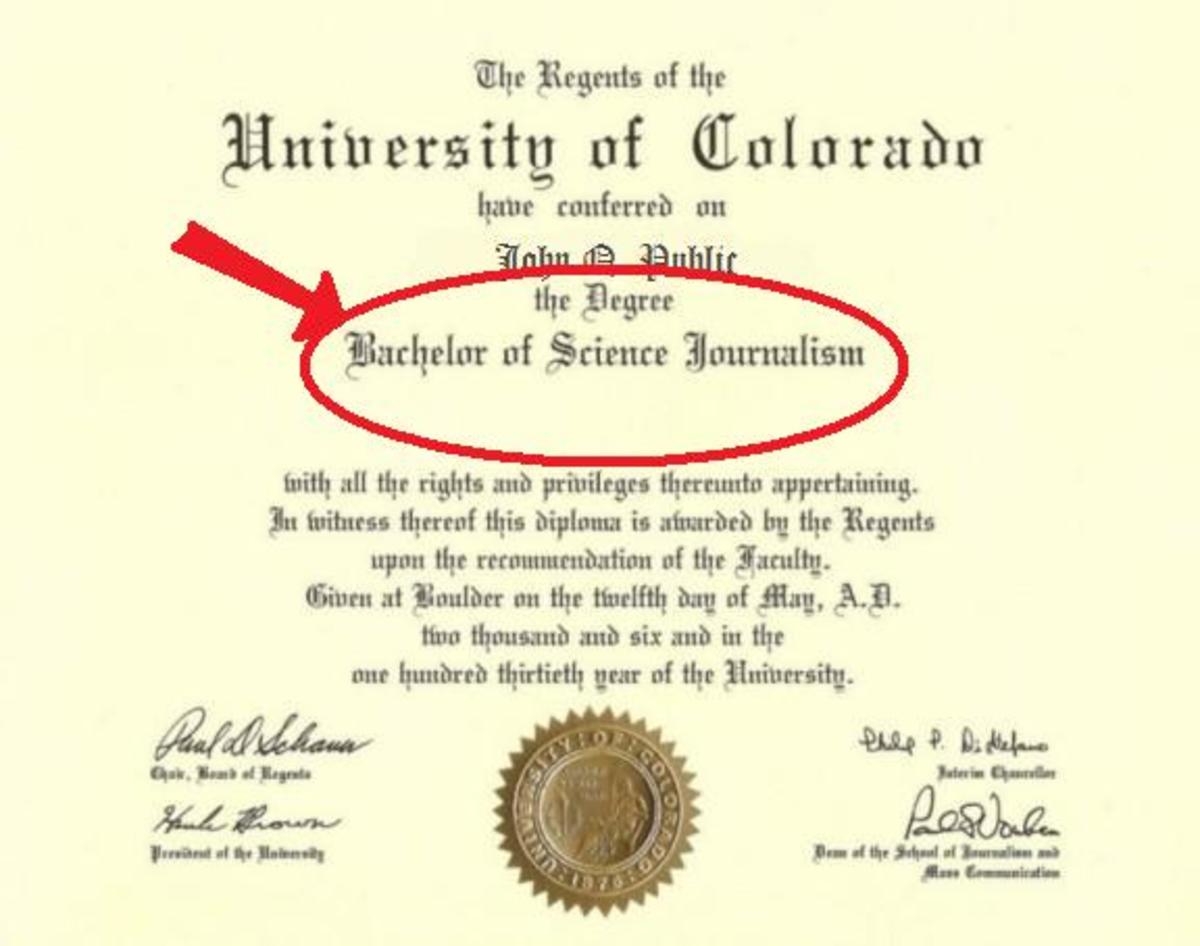Communicating Research Results: Tips to Prepare for an Oral Presentation.
Oral presentation is an essential skill in academia. It is an important mean of communicating scientific information or to present your research outcome. In some college and university courses, it is mandatory for students to give an oral presentation (usually called as “seminars”). The topic of presentation can be of your project or research work or someone's published work. In conferences, meetings and symposiums, it is common to see researchers or scientists giving oral presentation of their work. The oral presentation should be clear and straight. Because the audience get a single chance to hear what you are talking about and can’t re-read as they can do with written communication.
The goal of your oral presentation should be to get the audience involved and interested in your work. You should talk to the audience, not reading to them. Oral presentations have advantages of getting opinions, suggestions and directions from experts in the field. It also helps you get recognized in your area of specialty and connects you with audience. Moreover, verbal presentations have become a part of hiring process. Therefore, it is important for you to master the spoken presentation skills.
The preparations for oral presentation depend on the length of time given to you to present. Some talks, as poster presentation, is just for 15 min. whereas, 45 –60 min are the standard length of time in seminars and conferences. First step of oral presentation is to write-up what you want to present. Step 2 will be to put them in slides and organize with tables and figures. Step 3, practicing alone and in front of your friends and families. This will help to build your confidence to face the audience.

In this hub, I am giving some tips about organizing your presentations. The general structure of presenting any scientific reports is as follows:
(1). Title of your presentation
The oral presentation starts with the title of the topic. You can briefly say on what topic you are going to talk. Whether the talk is related to your current project or Ph.D. thesis, or your advisor asked you to review a published paper and to present. Additionally, you can provide brief information about the laboratory where you did the work. If you are presenting someone’s work (as done in the journal club), give some details about that authors and their laboratory.
(2). Introduction and background
Here you should tell why you chose to talk about the current topic. What significant work has been done in this area of research before? You should include reference whenever you quote someone’s work.
(3). Aims of your study
Audience will be curious when you present this slide. Enlighten them with the main objective of your presentation. How you developed your current hypothesis based on pervious reports?
(4). Methods and Materials
How you conducted your study? What materials and equipments you used for your studies? What procedures you followed? These are some of the key questions you should ask while preparing for this section of presentation. The study design and number of experimental groups have to be incorporated. Include,information and significance of using each of the techniques in your studies.If you have used animals or human subjects,you should tell about it. You don’t have to say each, and every material that you used in your research. However, highlight if it is the main source from where you have generated your data, for example, a specific cell lineor software.
(5). Results
When you are presenting the results’ section of your presentation try to beclear and concise. Explain the statistical significance of your findings. If necessary don’t hesitate to inform what statistical tests you used to perform data analysis. Along with the results, you can also add one or two sentences of the conclusion.
(6). Discussion
This will be the very important part of your presentation. You should interpret all your results by providing logical reasons. You have to defend your study hypothesis. Try to explain how your findings are unique compared to other published reports. If your results differ from previous studies, you should stress on those by citing reasons. If you had faced any technical obstacles, you should discuss about it.
(7). Summary
Conclude your presentation by briefly highlighting your hypothesis, results and findings. Additionally, you can inform your future plans of research, and how your current results have laid the foundation for continuing the study.
Visual aid for oral presentation
Make yourself professional in using PowerPoint, as it is the most common tool used for preparing slides for presentations.
Please scroll down to vote or to leave comments about this hub page.
- Tips to Write Abstract for Science Research Paper
Abstract is an important section of a scientific publication. It is a concise summary of the full research article. This hub highlights the importance of good abstract and also provides some useful tips in constructing it. - Tips to Change and Find Research Scientist Jobs
During your job search, you may come across an advertisement which looks appealing to you, but you are not entirely qualified. You may have a degree in Botany as major, but would like to work as a Research Scientist in Biotechnology field. Changing r - Tips to Find Jobs in Universities
Jobs at universities are not just teaching and research. Universities offer a whole range of jobs for any educational background. Universities in U.S. accept international applicants for all kinds of jobs and offer excellent career growths, unique be - Tips to Prepare for Science Journal Club
A journal club is an educational group meeting. The members of the group will present and discuss the research articles from their respective field. As a science student, you will have several advantages by participating in a journal club. This hub w - Tips to Become a Good Reviewer for Science Journals
Reviewing manuscripts for journals is an essential part in academic career. When you do your Ph.D. and postdoctoral work, your mentor may ask you to assist him/her to review papers for journals. You are chosen to judge others work because you have kn








